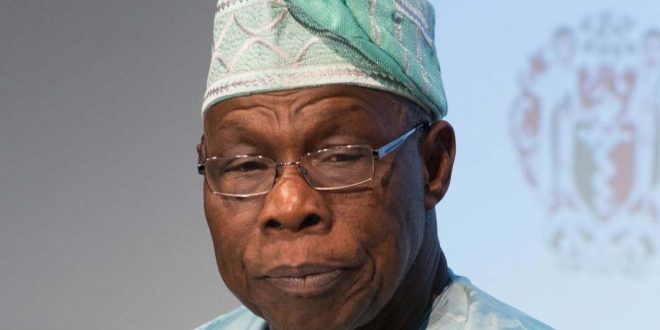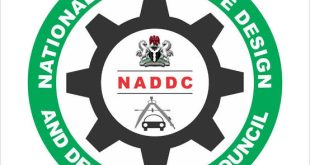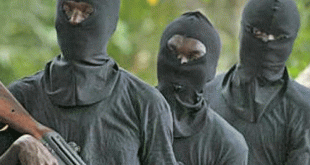Former President Olusegun Obasanjo has expressed deep concern over the worsening situation in Nigeria, but remains hopeful that the country can overcome its challenges.
Speaking via a pre-recorded video at the Chinua Achebe Leadership Forum at Yale University in New Haven, Connecticut, on Saturday, Obasanjo lamented that “as the world can see, Nigeria’s situation is bad.”
The former president’s address, titled “Leadership Failure and State Capture in Nigeria,” was shared by his Special Assistant on Media, Kehinde Akinyemi.
Though Obasanjo was reportedly in the Democratic Republic of Congo at the time, his remarks painted a grim picture of Nigeria’s state, highlighting the increasing chaos, insecurity, and underdevelopment affecting the nation.
“Nigeria’s situation is bad,” Obasanjo said. “The more corruption and immorality a nation faces, the deeper it sinks into chaos, division, violence, and underdevelopment.
That’s where Nigeria stands today, especially under the reign of ‘Baba-go-slow’ and ‘Emilokan’,” he added, referring to the past and present political leadership in the country.
Obasanjo pointed to the country’s pervasive corruption, incompetence, and mismanagement as clear indicators of its failing state status.
However, despite the dire outlook, Obasanjo noted that there is still hope for Nigeria. “Yes, there is hope,” he said, emphasizing the need for leadership transformation and reform.
Quoting from Chinua Achebe’s seminal 1983 work “The Trouble with Nigeria,” Obasanjo underscored that the core problem facing Nigeria is “a failure of leadership.”
He pointed out that Nigeria’s leaders have failed to rise to the challenge of providing personal examples of integrity and responsibility, which are the hallmarks of true leadership.
Obasanjo also referenced warnings by American scholars Robert Rotberg and John Campbell, who have highlighted the implications of Nigeria’s poor governance for the broader African continent, given Nigeria’s size, economic importance, and population.
The former president spoke extensively about state capture, which he described as one of the most insidious forms of corruption.
He explained that state capture occurs when powerful individuals, institutions, or groups manipulate a nation’s policies, laws, and economy to serve their private interests.
“State capture is not always obvious; it can happen more subtly through family ties, friendships, or shared economic interests between business and political elites,” Obasanjo said.
He warned that the purchasing of national assets by political elites, the manipulation of resources, and the use of public institutions for private gain must be stopped.
Obasanjo stressed that state capture undermines democratic processes and public institutions, including the legislature, judiciary, and regulatory bodies.
He noted that when special interest groups influence policy decisions to benefit themselves, it often comes at the expense of the general public, stalling economic development, degrading public services, and damaging the quality of education, healthcare, and infrastructure.
On the late Chinua Achebe, Obasanjo praised the literary icon as one of Nigeria’s greatest and most distinguished figures. “Achebe was not only a great Nigerian, but an African icon,” Obasanjo said.
He added that while Achebe’s legacy belongs to the world, as Yale University rightly recognises, “he belongs to Nigeria first.”
Obasanjo also referenced Achebe’s esteemed place among the Igbo people, where he is known as “the Eagle on Iroko”, symbolising his towering influence and importance.
The former President however called for urgent reforms to address Nigeria’s leadership crisis and prevent the further erosion of public trust and national progress.
 National Telescope national telescope newspaper
National Telescope national telescope newspaper



